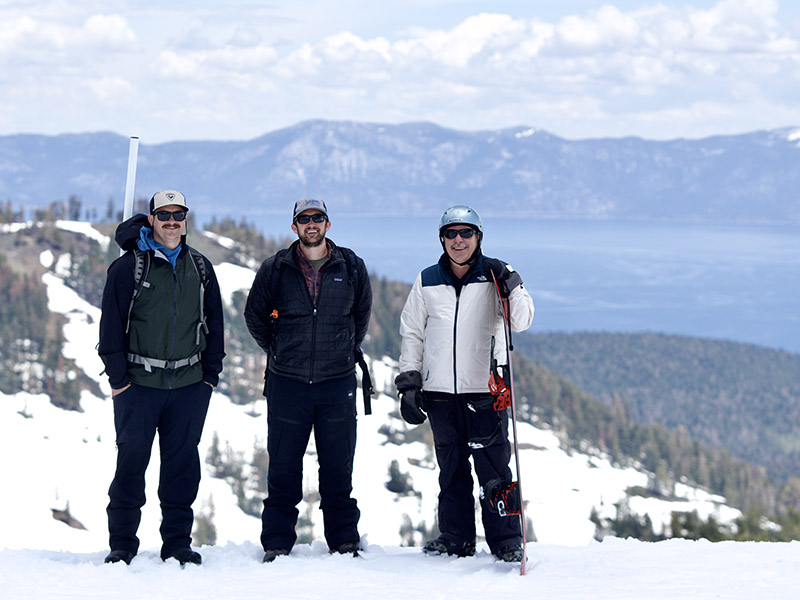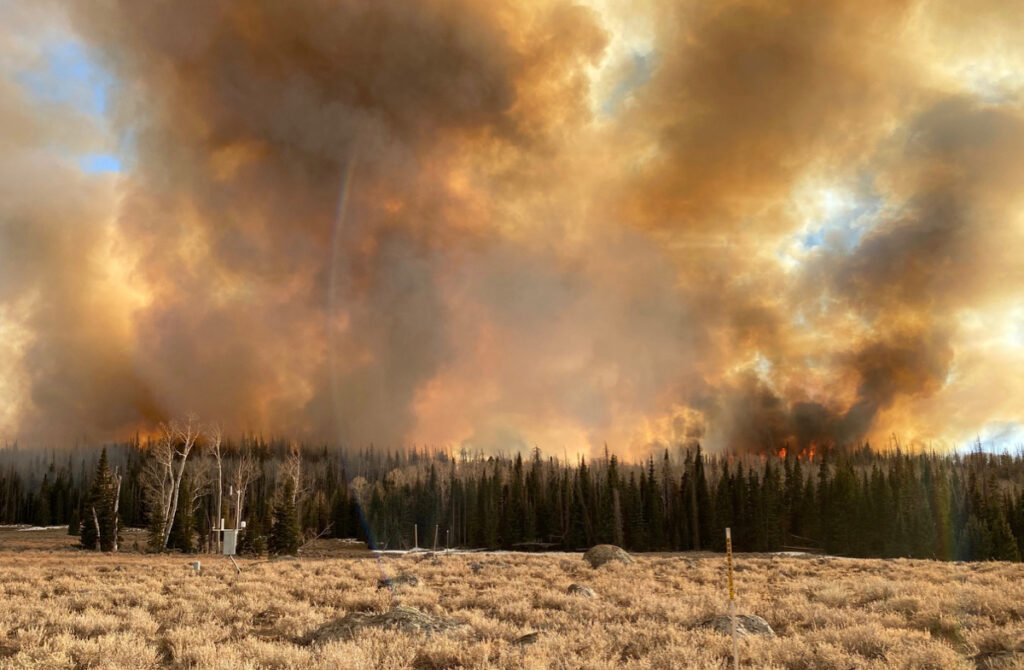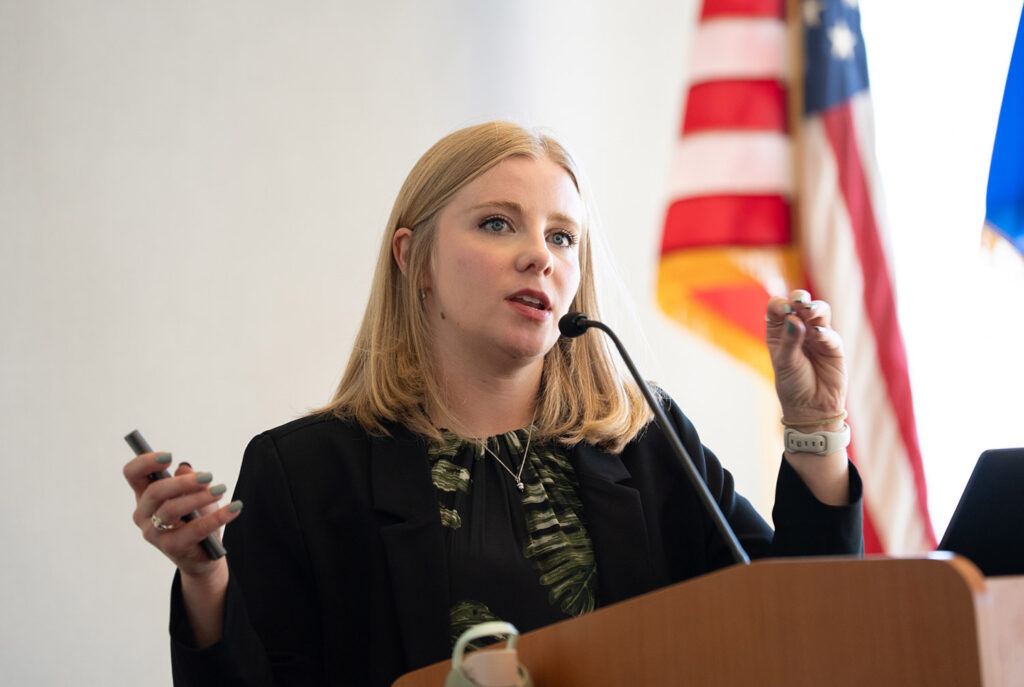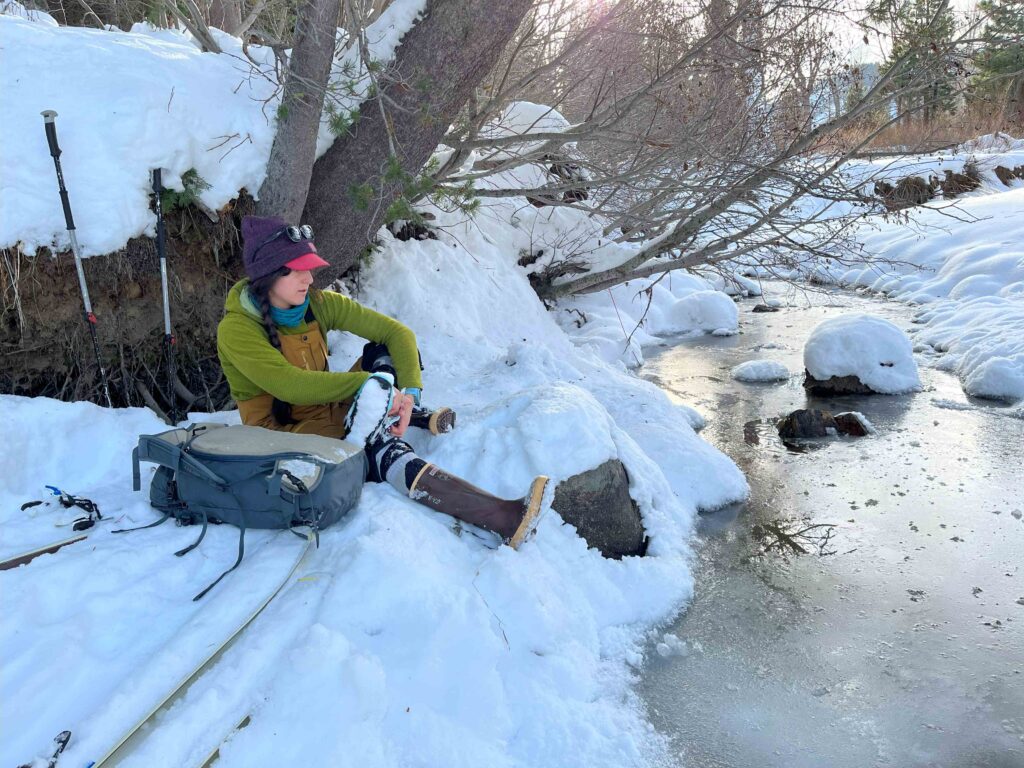Meet Ziming Ke
Ziming Ke is an atmospheric scientist who joined DRI in March 2025. He has extensive expertise in earth system modeling and is producing groundbreaking research that integrates wildfire science into global and regional models, including a recent publication that is the first to successfully replicate wildfire-induced thunderstorms in earth system models. He joined DRI as a postdoctoral researcher working with Hans Moosmuller. Ke completed an undergraduate degree in China, a master’s in oceanography at the University of South Carolina, and a Ph.D. in atmospheric physics and chemistry at Georgia Tech. In the following interview, Ke shares his enthusiasm for wildfire science, spending time in Reno’s wetlands, and watching soccer games.









